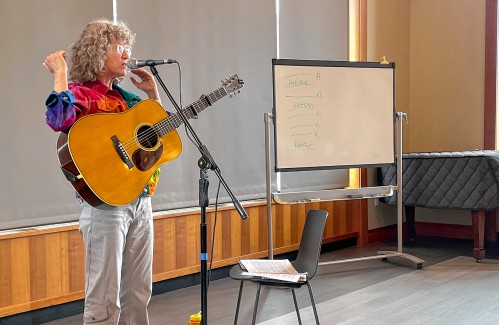
Cosy Sheridan speaks and performs for Monadnock Writers’ Group
Singer-songwriter Cosy Sheridan of Harrisville spoke and performed for the Monadnock Writers’ Group Saturday in honor of National Poetry Month.After talking about her songwriting process, Sheridan led the group in a free writing exercise, followed by...

Mountain Shadows School hosts Olympic Studies Night
According to Temple Brighton, one of the co-founders of Mountain Shadows School, the school’s Olympic Studies Night was inspired by the 1984 Summer Olympics in Los Angeles. “There was so much energy around those Olympics, and all this excitement, and...
Most Read
 BUSINESS QUARTERLY – New housing projects could provide relief
BUSINESS QUARTERLY – New housing projects could provide relief
 Yoko Ono to receive MacDowell Medal
Yoko Ono to receive MacDowell Medal
 Scott Bakula starring in Peterborough Players’ ‘Man of La Mancha’
Scott Bakula starring in Peterborough Players’ ‘Man of La Mancha’
 Mountain Shadows School hosts Olympic Studies Night
Mountain Shadows School hosts Olympic Studies Night
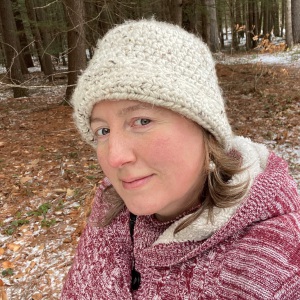 HOMETOWN HEROES – Rose Novotny is motivated by community
HOMETOWN HEROES – Rose Novotny is motivated by community
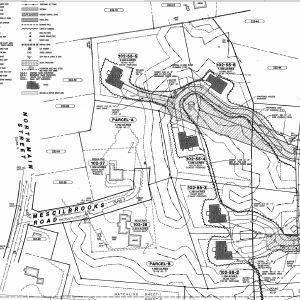 BUSINESS QUARTERLY – Antrim Planning Board approves Battaglia subdivision
BUSINESS QUARTERLY – Antrim Planning Board approves Battaglia subdivision
Editors Picks
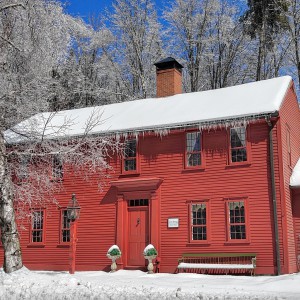 HOUSE AND HOME: The Old Parsonage in Antrim is a ‘happy house’
HOUSE AND HOME: The Old Parsonage in Antrim is a ‘happy house’
 Former home of The Folkway in Peterborough is on the market
Former home of The Folkway in Peterborough is on the market
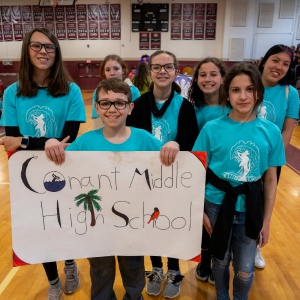 Two Jaffrey-Rindge Destination Imagination teams move on to Globals
Two Jaffrey-Rindge Destination Imagination teams move on to Globals
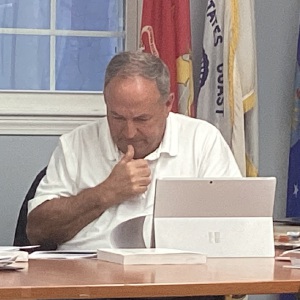 Old Homestead Farm in New Ipswich requests variance for short-term rental cabins
Old Homestead Farm in New Ipswich requests variance for short-term rental cabins
Sports

Katalina Davis dazzles in Mascenic shutout win
The Mascenic softball team soared to a 7-0 shutout win over regional and interdivisional rival Conant thanks to a dazzling performance on both sides of the ball from senior pitcher Katalina Davis. “When Kat’s on, they’re not hitting, so she was...
 LOCAL SPORTS ROUNDUP: Conant girls’ tennis gets first win
LOCAL SPORTS ROUNDUP: Conant girls’ tennis gets first win
 Conant girls’ tennis continues to seek improvement
Conant girls’ tennis continues to seek improvement
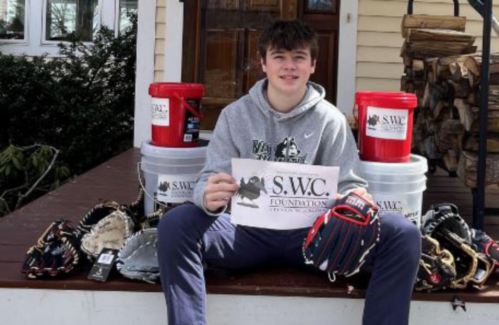 Jack Kidd and Kidd Gloves make donation to Mt. Monadnock Little League
Jack Kidd and Kidd Gloves make donation to Mt. Monadnock Little League
Opinion
Viewpoint: State Rep. Molly Howard – Public schools are the bedrock of communities
A recent Google search informed me that New Hampshire students rank sixth in the nation, according to U.S. News and World Report, with similar results on other sites.That’s pretty good, considering New Hampshire ranks 50th in public school funding,...

Business
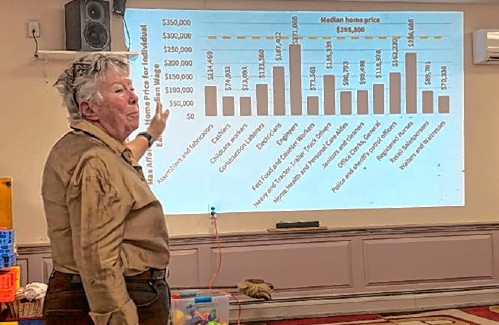
BUSINESS QUARTERLY: Grants allow towns to study housing
In 2022 the State of New Hampshire, in recognition of the housing shortage in the state, created a grant program to fund work in towns that wished to explore the housing situation in their town and consider ways to increase housing availability and...
 BUSINESS QUARTERLY: Dan Petrone – A guide to the commission settlement
BUSINESS QUARTERLY: Dan Petrone – A guide to the commission settlement
 BUSINESS QUARTERLY – New housing projects could provide relief
BUSINESS QUARTERLY – New housing projects could provide relief
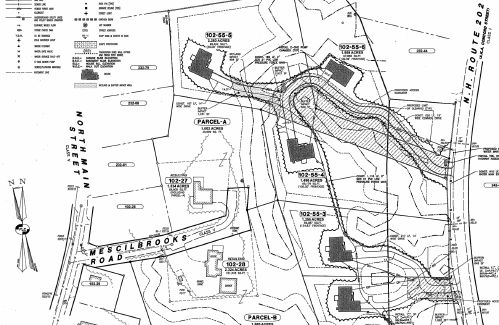 BUSINESS QUARTERLY – Antrim Planning Board approves Battaglia subdivision
BUSINESS QUARTERLY – Antrim Planning Board approves Battaglia subdivision
Arts & Life

Yoko Ono to receive MacDowell Medal
Artist and activist Yoko Ono is this year’s recipient of the Edward MacDowell Medal. Ono, whose career as an artist began in the downtown New York scene in the early 1960s and has continued across seven decades, has developed a body of work...
 Gnome Notes: Emerson Sistare – Amor Towles weaves tapestry in ‘Table for Two: Fictions’
Gnome Notes: Emerson Sistare – Amor Towles weaves tapestry in ‘Table for Two: Fictions’
 Jaffrey Civic Center hosting Heart of the Arts
Jaffrey Civic Center hosting Heart of the Arts
 Project Shakespeare to present ‘The Miraculous Journey of Edward Tulane’
Project Shakespeare to present ‘The Miraculous Journey of Edward Tulane’
 The Thing in the Spring returns May 16
The Thing in the Spring returns May 16
Obituaries
 Kevvin W. Sawtelle 31
Kevvin W. Sawtelle 31
Kevvin W. Sawtelle, 31 Jaffrey, NH - Kevvin W. Sawtelle, 31, of Rindge, died peacefully on April 5, 2024, in the arms of his family at the Dartmouth-Hitchcock Medical Center in Lebanon, NH after a long battle with brain cancer. Kevvin w... remainder of obit for Kevvin W. Sawtelle 31
 Constance Boldini
Constance Boldini
Westmoreland, NH - Constance Marie (Wilson) Boldini, died April 16, 2024. She is predeceased by her husband Guido Boldini and her son Peter Vaillancourt. She is survived by two daughters, Anne Young of Tennessee, Brenda Bryer of Stoddar... remainder of obit for Constance Boldini
 Beverly R. Gienty
Beverly R. Gienty
Peterborough, NH - Beverly R. Gienty, 88, of Windsor, CT, formerly of Peterborough, Dublin, Francestown, and Jaffery NH passed away on April 14, 2024, at Kimberly Hall South, Windsor, CT. She was the widow of Edward H. Gienty. Beverly w... remainder of obit for Beverly R. Gienty
 David Albin Shaw
David Albin Shaw
Peterborough NH - David A. Shaw, age 85, of Peterborough died April 7, 2024 after a long co-existence with Alzheimer's disease. He will be missed by his family, friends and devoted caregivers. His care and their love in the Memory Suppo... remainder of obit for David Albin Shaw

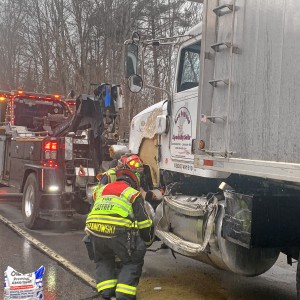 Crash on Route 202 in Jaffrey leads to trapped driver, fuel spill
Crash on Route 202 in Jaffrey leads to trapped driver, fuel spill
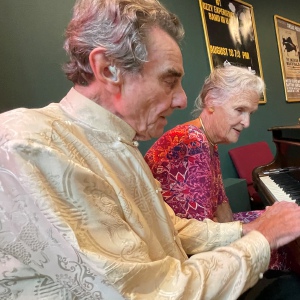 Bernie Watson of Bernie & Louise dies at 80
Bernie Watson of Bernie & Louise dies at 80
 ‘The Last Laugh’ coming to Town Hall Theatre in Wilton
‘The Last Laugh’ coming to Town Hall Theatre in Wilton
 Echoes of Floyd performs Saturday at Peterborough Town House
Echoes of Floyd performs Saturday at Peterborough Town House
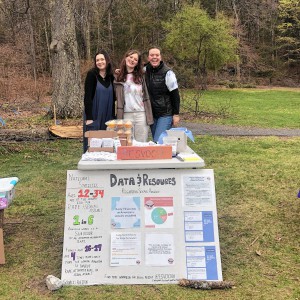 End Sexual Violence on Campus group holding April 27 event
End Sexual Violence on Campus group holding April 27 event
 Hancock Town Library schedules paper sculpture workshop
Hancock Town Library schedules paper sculpture workshop
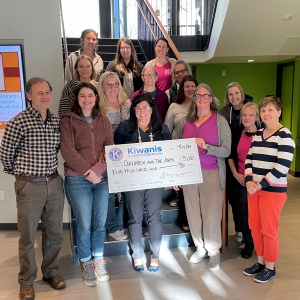 Children and the Arts Festival in Peterborough will have bird theme
Children and the Arts Festival in Peterborough will have bird theme

 HIGH SCHOOL SPORTS ROUNDUP: Tasha MacNeil leads the way for ConVal at Pelham Invita
HIGH SCHOOL SPORTS ROUNDUP: Tasha MacNeil leads the way for ConVal at Pelham Invita
